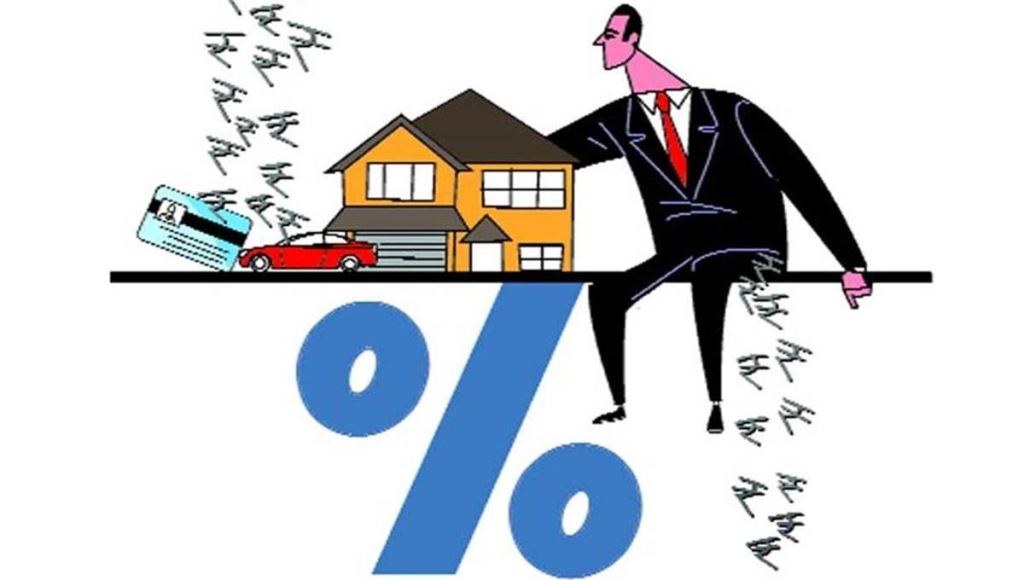Your financial health mirrors your skills to manage your wealth and debt effectively. It is often seen as a reflection of your stability and your credibility to be eligible for financial products. In the journey towards financial stability, one of the critical aspects often overlooked is credit health.
In India, having poor credit health can significantly hinder one’s ability to access loans, credit cards, or even basic financial services. But what exactly constitutes poor credit health, how does it get impacted, and why is it crucial to rebuild it if it’s poor?
This article will help you decode what exactly is poor financial health and how to work around it to put it on the right track. It is important to understand that poor financial health is not an end to the world. You have many opportunities to improve your overall financial conditions provided you follow a disciplined approach and start working towards it from day one.
Poor Credit Health
Poor credit health refers to a situation where an individual’s creditworthiness is compromised due to various factors. This often manifests in a low credit score, making it challenging to obtain credit from financial institutions. Credit scores in India are determined by credit bureaus such as CIBIL, Experian, Equifax, and CRIF, based on factors like repayment history, credit utilisation, length of credit history, types of credit accounts, and recent inquiries.
Also Read: Fixed Deposit: Highest FD rates of private banks for shortest tenures
Factors Impacting Credit Health
Several factors can impact one’s credit health negatively.
Adhil Shetty, CEO, Bankbaaar.com, says, “Avoid missed payments, as consistently failing to pay bills on time can greatly harm your credit score. Equally important is to refrain from utilizing a high percentage of your available credit limit, as it indicates financial strain and has the potential to lower your credit score.”
Rebuilding Poor Financial Health
If you find yourself in a situation of poor credit health, it’s essential to take proactive steps to rebuild it:
1. Review Your Credit Report: Obtain a copy of your credit report from credit bureaus and carefully review it for inaccuracies or discrepancies.
2. Timely Payments: Make timely payments for all your bills, loans, and credit card dues to demonstrate responsible financial behaviour.
Shetty adds, “A critical aspect to understand is that defaulting on loans or credit card payments significantly affects credit health, resulting in a decline in credit scores. Moreover, applying for multiple loans or credit cards within a short timeframe can raise concerns among lenders, indicating potential financial instability.”
3. Reduce Credit Utilization: Aim to keep your credit utilization ratio below 30% by paying off existing debts and avoiding unnecessary expenditures.
4. Limit New Credit Applications: Minimise the number of new credit applications to prevent further damage to your credit score.
5. Use Credit Responsibly: Wisely manage your credit accounts, avoiding maxing out credit cards and maintaining a healthy mix of credit types. Good financial health provides a sense of security during emergencies and unexpected expenses, reducing reliance on high interest options.
You must remember that rebuilding credit takes time and patience. Stay committed to your financial goals and consistently monitor your progress. Poor credit health can have significant repercussions on your financial well-being. However, by taking proactive measures, you can gradually improve your credit profile.


